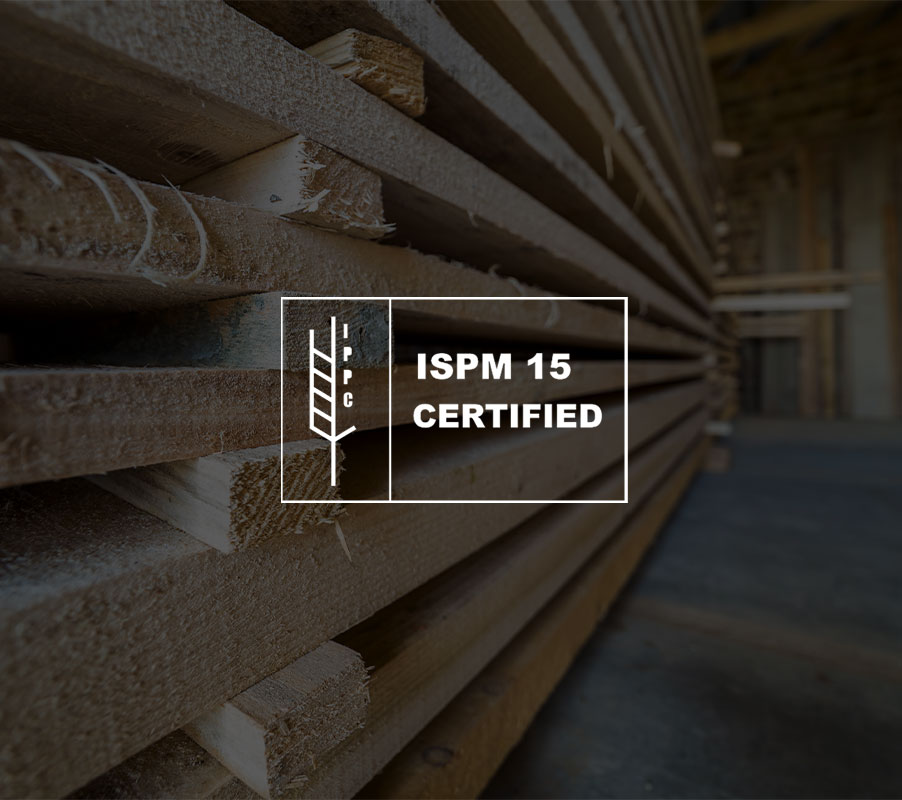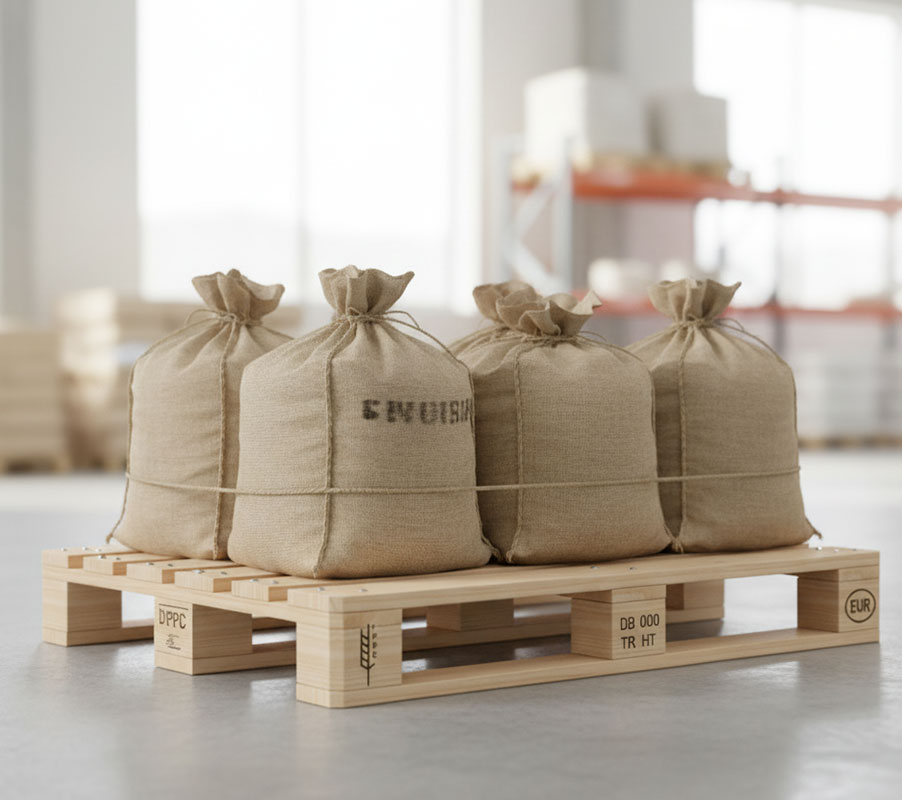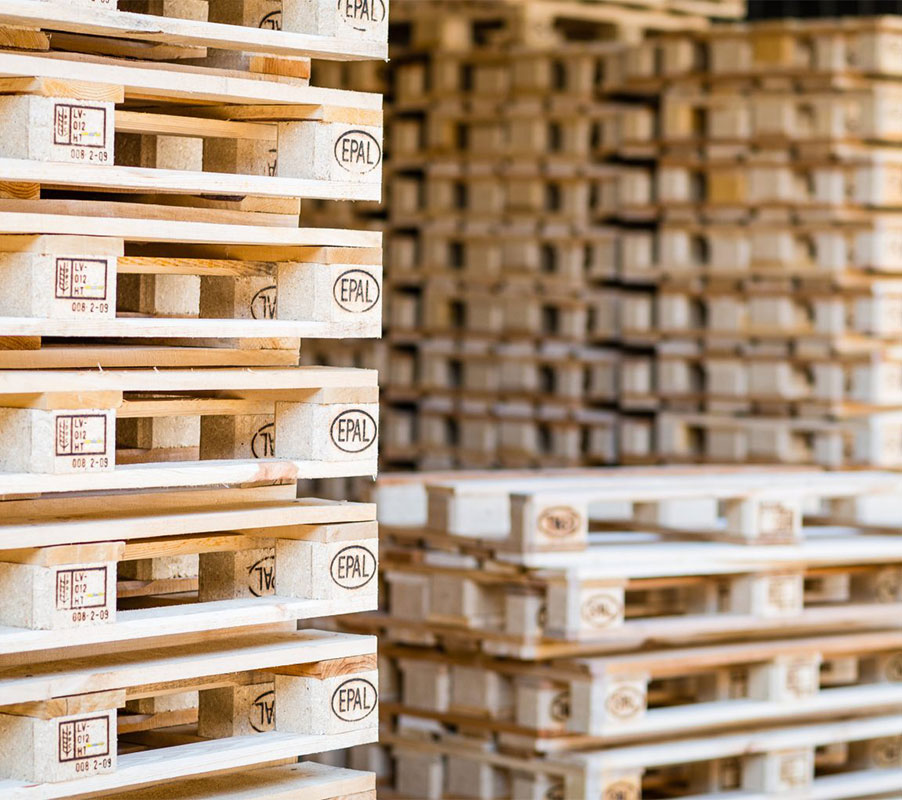
Today, the manufacturing and logistics industries are evaluated not only in terms of efficiency but also in terms of environmental responsibility. At this point, wooden pallets play a significant role in sustainability thanks to their recyclable structure and environmentally friendly production processes. However, in this field, production and certification processes that comply with environmental standards have become just as important as the product itself.
Why Are Wooden Pallets a Sustainable Product?
Ahşap, doğada kendini yenileyebilen bir hammaddedir. Bu nedenle ahşap paletler, plastik veya metal alternatiflerine göre çevre üzerinde çok daha az etki bırakır.
Üstelik ömrünü tamamlamış bir ahşap palet tamamen geri dönüştürülebilir:
- It can be repaired and reused,
- Converted into fuel for energy recovery,
- Or utilized in secondary products such as wood chips, sawdust, or composite materials.
This circular usage model directly contributes to the reduction of carbon footprint.
The Importance of Environmental Certifications such as FSC and PEFC
For wooden pallets to be considered environmentally friendly, it is not enough for them to be recyclable — they must also be produced using raw materials sourced from sustainably managed forests.
At this point, two major international certification systems stand out:
- FSC (Forest Stewardship Council): Ensures that forests are managed with consideration for ecological, social, and economic balance.
- PEFC (Programme for the Endorsement of Forest Certification): A global certification framework that promotes sustainable forestry practices.
These certificates demonstrate that the manufacturer operates within an environmentally responsible supply chain.
ISPM-15 Standard and Its Environmental Contribution
ISPM-15 The ISPM-15 standard mandates that all wooden packaging materials used in export be heat-treated to eliminate biological risks.
This heat treatment process is carried out without the use of chemicals, relying solely on hot air. As such, it serves as a natural and environmentally friendly sterilization method. Through this process, wooden pallets become long-lasting and suitable for international transport, while being treated in a way that does not harm the environment., kimyasal madde kullanılmadan yalnızca sıcak hava ile uygulanır. Bu yönüyle hem doğal hem de çevre dostu bir sterilizasyon yöntemidir. Böylece paletler, uzun ömürlü ve uluslararası taşımaya uygun hale gelirken doğaya zarar vermeden işlem görmüş olur.
Recycling and the Circular Economy
The repair, reuse, and recycling of wooden pallets are among the clearest examples of a circular economy in action. A single pallet can typically be repaired and reused 5–7 times, which significantly reduces raw material consumption and lowers carbon emissions.
In addition, pallets that have reached the end of their lifespan can be repurposed for chipboard or pellet production, providing added value to the energy sector.
Conclusion: Environmentally Conscious Production, Investment in the Future
With proper production and certification processes, wooden pallets are not only durable transportation tools but also represent an eco-friendly industrial product. Producing in compliance with standards such as FSC and ISPM-15 strengthens a company’s sense of environmental responsibility and provides a tangible contribution to a sustainable future.
İncir Palet embraces environmentally conscious pallet manufacturing by using FSC-certified raw materials and implementing ISPM-15 compliant heat treatment processes. For all your pallet needs, İncir Palet is always by your side.





